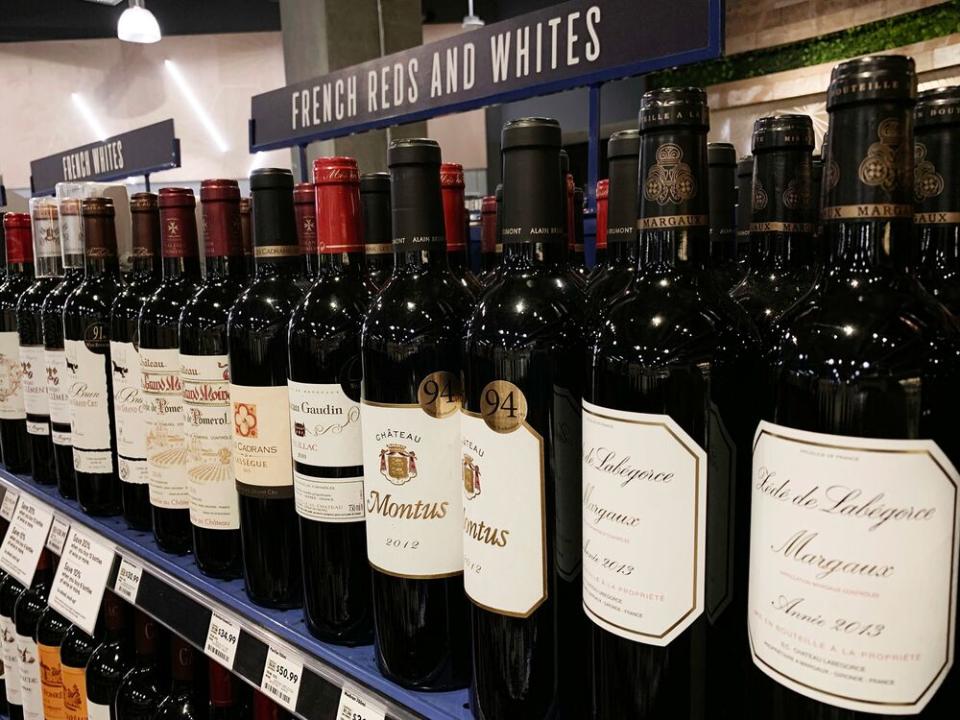Macron Says Trump Will Take New Wine Tariffs Off the Table Until 2021
When countries enact tariffs, they often target products for economic reasons: like, perhaps, steel and aluminum. But sometimes, especially when tariffs are retaliatory, officials will instead target high profile imports just to make a point: like when the E.U. went after the most American of whiskies, bourbon.

The Trump administration has also been taking the latter approach with French wine. In October, many French wines were hit with 25-percent import duties (with the fuss being over tariffs on Airbus parts of all things), and trade officials have continued to hammer home their unhappiness by floating the idea of bumping those numbers up as outlandishly high as 100 percent. After an initial threat back in August, the administration renewed the idea in December—specifically naming Champagne, which wasn't included in the previous 25-percent tariff scheme—putting already skittish American wine importers (and French wine fans) on edge.
But finally, some good news has emerged in this ongoing dispute—which, this time around, stems from France's plan to tax American tech giants like Google and Facebook that provide digital services in France: Yesterday, French President Emmanuel Macron tweeted, "Great discussion with [President Trump] on digital tax. We will work together on a good agreement to avoid tariff escalation."
Great discussion with @realDonaldTrump on digital tax. We will work together on a good agreement to avoid tariff escalation.
— Emmanuel Macron (@EmmanuelMacron) January 20, 2020
Elaborating on that point, Reuters reports that the two parties have essentially agreed to postpone any action until 2021: France won't collect any digital taxes and America won't add any additional tariffs. (Worth noting, this deal is especially good for France if they find themselves dealing with a friendlier Democratic administration a year from now). "What we're proposing is to give ourselves time and to show our goodwill, to postpone the remaining payments to December," a French Finance Ministry source reportedly said of the planned three-percent tax, initially set to be collected in April.
Of course, we've seen similar handshake agreements before. After the G7 summit over the summer, France's Finance Minister went on the record as saying he thought the 100-percent tariff threat had "receded," only to have it rear its ugly head again four months later. Whether the Trump administration has the patience to wait 12 months this time around is up in the air, to say the least.

